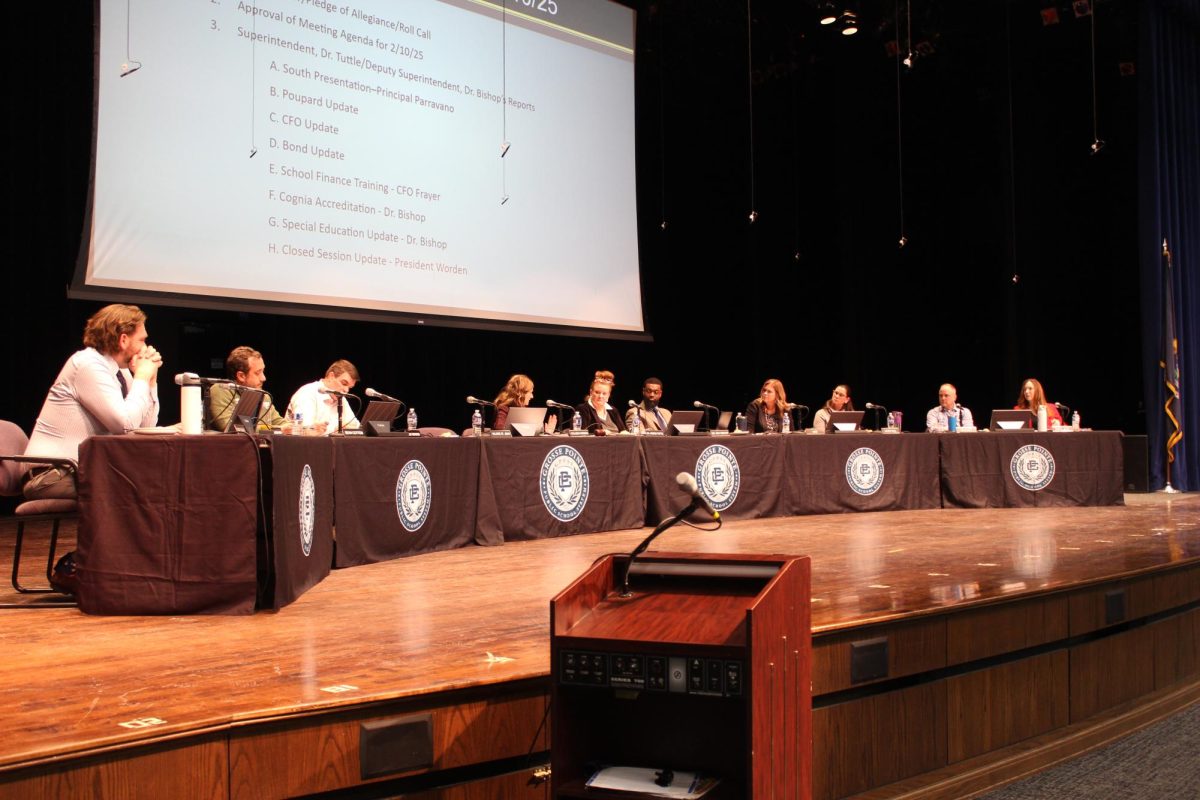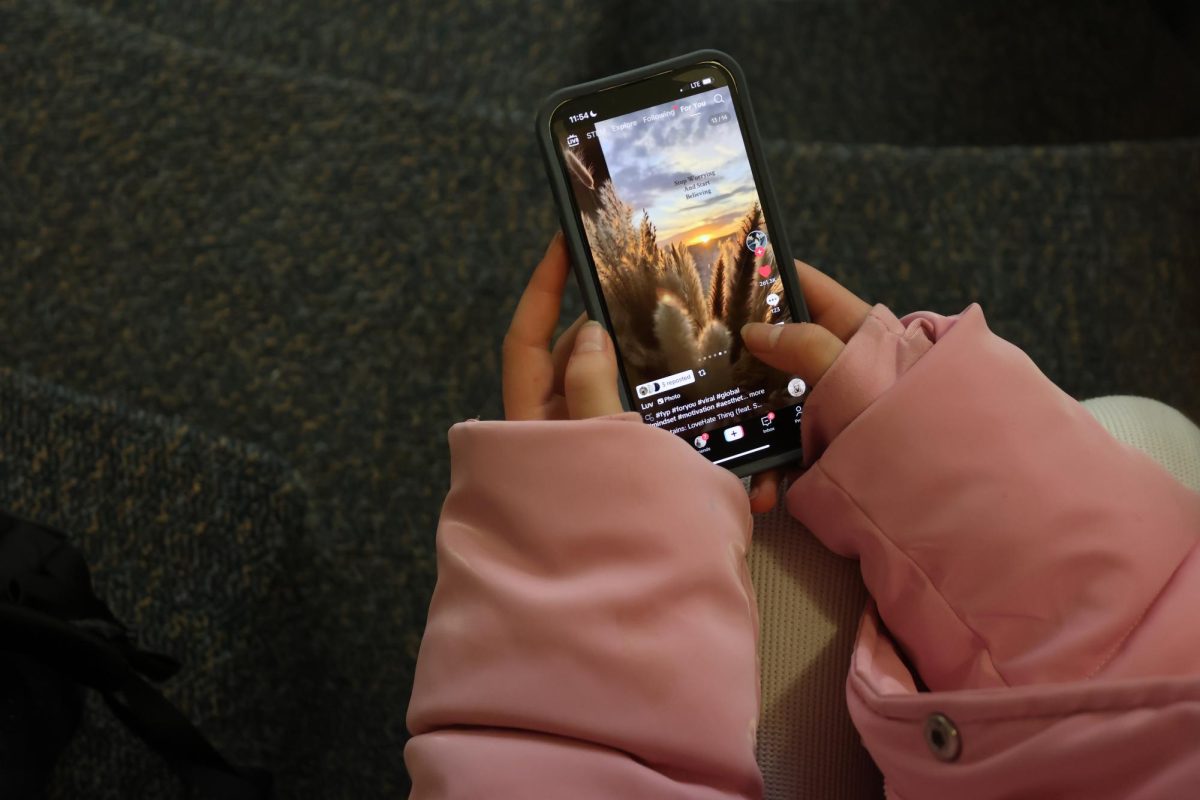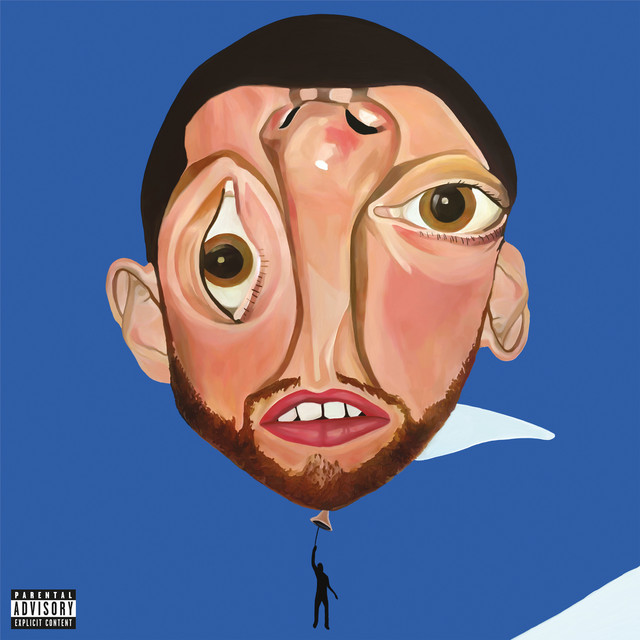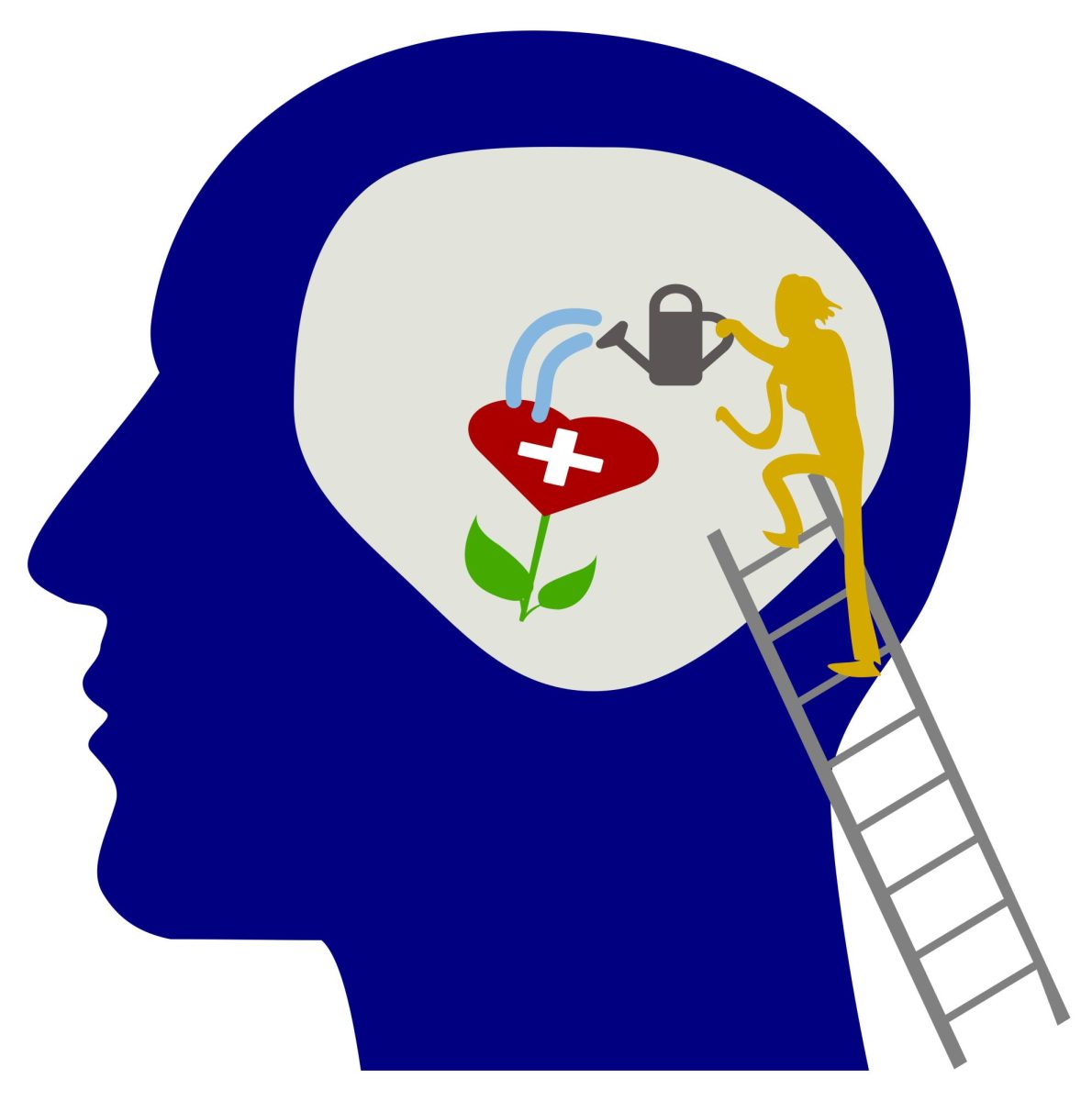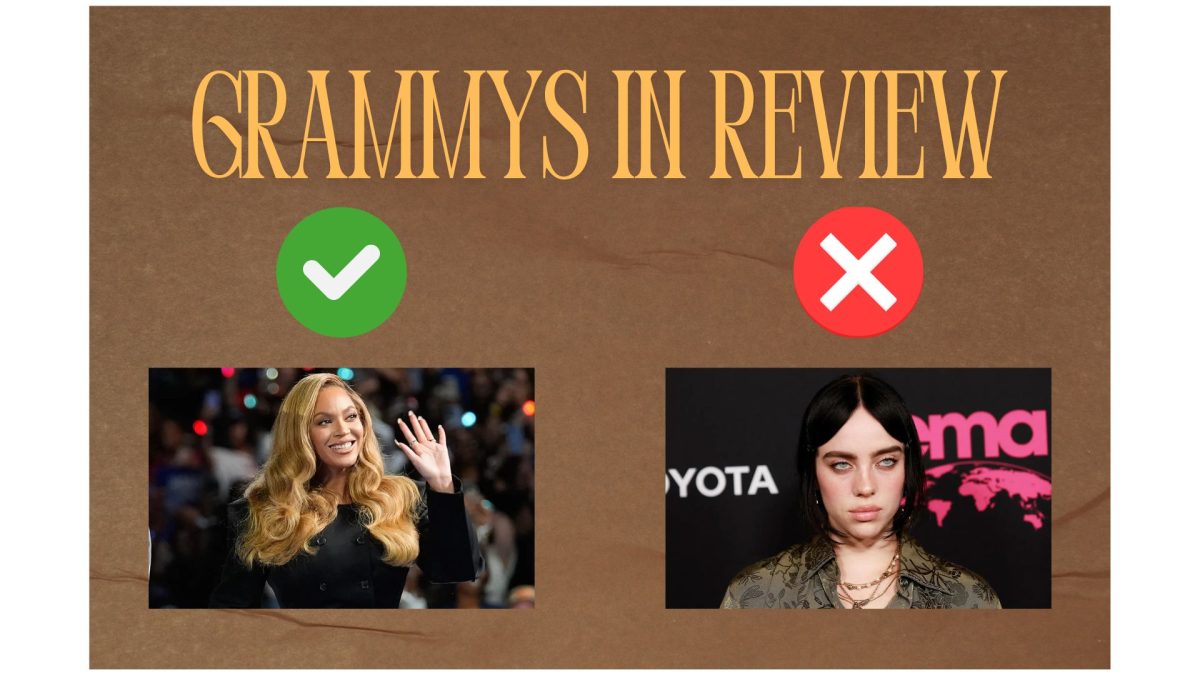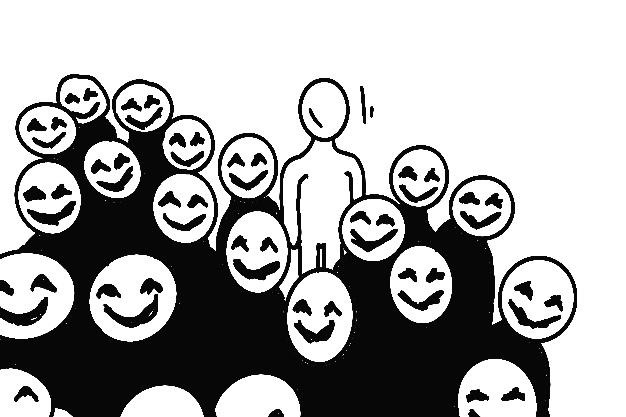Ask yourself this: What do you take for granted?
December 10, 2021
 Needs are food, water, housing and clothes. Wants are new shoes or a new car. But when you think about it, most wants are materialistic things– things we don’t necessarily need. I think people take a lot of things for granted, especially small, simple things. Because when they are gone, they seem to have the most impact. Looking at things from another perspective, you will realize that most “needs” are wants. You don’t need the new iPhone that just came out, you want it. You don’t need the new Jordans that just came out, you want them.
Needs are food, water, housing and clothes. Wants are new shoes or a new car. But when you think about it, most wants are materialistic things– things we don’t necessarily need. I think people take a lot of things for granted, especially small, simple things. Because when they are gone, they seem to have the most impact. Looking at things from another perspective, you will realize that most “needs” are wants. You don’t need the new iPhone that just came out, you want it. You don’t need the new Jordans that just came out, you want them.
There are a lot of families with less than most. Programs like Adopt-a-Family help hundreds of families every year. Volunteers of America say the Adopt-a-Family program connects those who can help with those who need help. I love participating in Adopt-a-Family. For me, it’s seeing the joy on their faces as they open their gifts. It is very heartwarming.
During those months when we had to quarantine took a heavy toll on some people. I agree, thereto were a few times where I felt hopeless. According to Medical News Today, depression rates tripled in the US during quarantine. Activities we took for granted were soon taken away from us. Things like going shopping, getting food, or even hanging out with friends and family wasn’t safe anymore, for the time being.
People’s mental state and health started to decline. At that moment in time, that new phone didn’t matter or those new shoes didn’t matter either. The needs were what mattered the most. Like food, water and household essentials, which people made sure to stock up on.
Per the Pharmacy Times, more than one-third of Americans report that COVID-19 had a serious impact on their mental health. People developed anxiety due to worrying about how long they were going to be isolated for and the fear of loved ones getting sick. A study done to evaluate the physiological effects of quarantine found that the PTSD and depressive symptoms were linked to those with direct exposure to the virus.
After quarantine, I started taking my mental health very seriously. I made it a top priority. I never wanted to have that feeling of hopelessness again. No one should ever have to feel that way. I also make myself available to anyone who just needs someone to talk to, because I would want someone to do that for me.
Being stuck in the house for a couple months gave people time to get to know themselves. It gave them a place to explore who they are and what they like, without the influence of others. Did people come out of quarantine changed? Yes, but it was for the better. I think, for students, what really matters is their well-being. For me, if my mind isn’t right, then everything else is thrown off.





